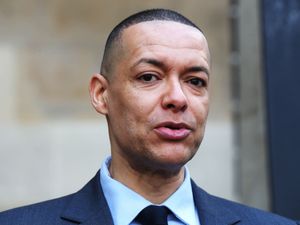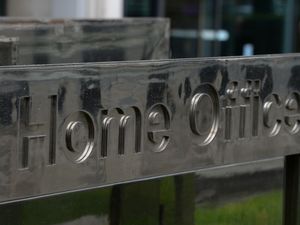What are abortion clinic buffer zones and what about ‘silent prayer’?
New guidance is being published on the implementation of the safe access zones across England and Wales.

So-called buffer zones outside abortion clinics across England and Wales are coming into effect this week.
Here, the PA news agency takes a look at what they are and opposing views on the issue.
– What is a buffer zone?

Known as “safe access zones” in the legislation, these are areas within 150 metres of a clinic or hospital providing abortion services.
Under the Public Order Act 2023, it is an offence for someone to, within this area, do anything that intentionally or recklessly influences someone’s decision to use abortion services, obstructs them, or causes harassment, alarm or distress to someone using or working at the premises.
Anyone found guilty of such an offence will face an unlimited fine.
– Where will this apply to?
England and Wales.
Legislation creating buffer zones around abortion clinics in Scotland, banning any protests or vigils there, came into force last month.
In Northern Ireland, safe access zones at health service locations which offer abortion and birth control services have been in place since September 2023.
– Weren’t buffer zones already in place in England and Wales?

A similar measure has been in effect outside some clinics but these have been enacted by councils, rather than being national legislation.
Known as public spaces protection orders (PSPOs), the first in the UK was enacted by west London’s Ealing Council in April 2018 outside the MSI Reproductive Choices Clinic in Mattock Lane.
Campaigners had long made the case for the need for national legislation, arguing that PSPOs depend on local councils’ willingness, are timebound, can be expensive and result in a postcode lottery.
– As it is the Public Order Act 2023, why are the zones only coming into effect in 2024?
The Bill – which on the whole is aimed at curbing guerrilla protest tactics used by groups such as Just Stop Oil and Extinction Rebellion – received royal assent on May 2 2023, becoming law.
But in December the then-Conservative government launched a consultation into non-statutory guidance around the enforcement of the safe access zones.
That guidance suggested prayer within such a zone “should not automatically be seen as unlawful”, and that silent prayer “is protected as an absolute right under the Human Rights Act 1998”.
– So silent prayer has been a sticking point?
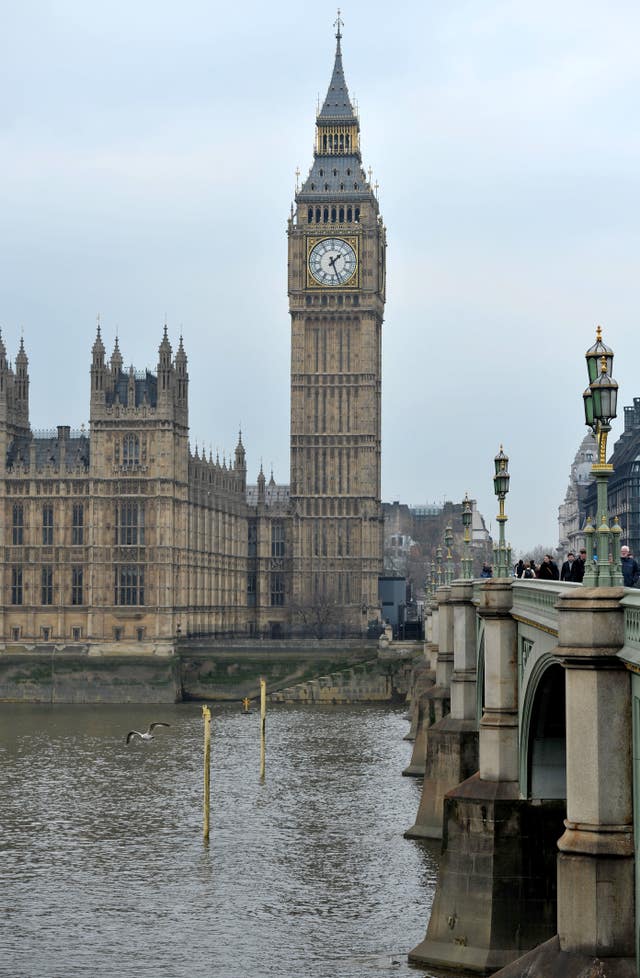
Yes. Pro-choice campaigners argued that the draft guidance did not reflect the debate in Parliament.
MPs had in March 2023 rejected attempts to allow silent prayer in the zones.
A group of Tory and DUP MPs had tabled an amendment aimed at ensuring no offence is committed if a person is “engaged in consensual communication or in silent prayer” outside the clinics or hospitals offering abortion services.
They argued this section of the Bill was “leading us into the territory of thought crimes”, while one MP described it as “dystopian”.
But in a free vote, the proposal was rejected by 116 votes to 299 – a majority of 183.
– What have anti-abortion campaigners been saying?
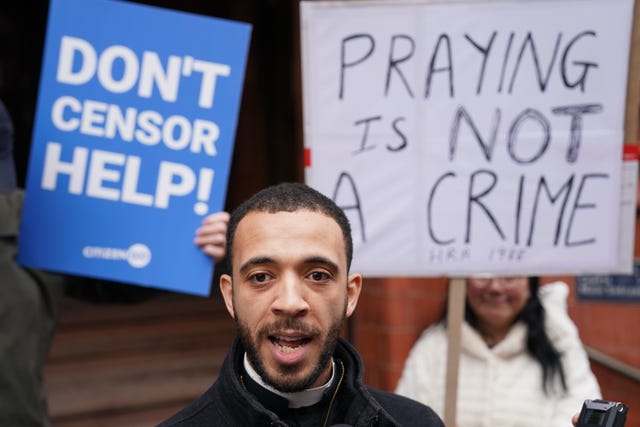
Campaigners have argued that a ban on silent prayer threatens their rights to freedom of expression and religious belief.
Right To Life UK said the zones will mean “vital practical support provided by volunteers outside abortion clinics, which helps to provide a genuine choice, and offers help to women who may be undergoing coercion, will be removed”.
The UK branch of ADF (Alliance Defending Freedom) said the right to engage in silent prayer is “the most basic of human rights” and described the enactment of the buffer zones as “a watershed moment for British freedoms”.
– And what about pro-choice groups?

Heidi Stewart, chief executive of the British Pregnancy Advisory Service (Bpas), welcomed the zones which she said “can’t come soon enough”, after years of patients and staff at clinics facing “anti-abortion fanatics standing outside clinics for hours” staring, handing out leaflets and displaying “graphic and distressing posters”.
Louise McCudden, from MSI Reproductive Choices, said the new zones will protect women and frontline healthcare workers, adding: “Whatever your personal views are on abortion, nobody should be harassed while accessing healthcare.”
– What happened with the draft guidance under the Conservative government?
Final guidance was never published following the consultation.
Then-Home Office minister Laura Farris, at a committee hearing in March, rejected the idea the government was attempting to “water down” legislation by allowing silent prayer, saying: “I think it’s trying to judge where the line falls between competing rights and obligations. And I think that silent prayer is a difficult category on that.”
– What is the new guidance?
The Crown Prosecution Service is due to publish guidance to prosecutors this week, while the College of Policing will publish what it described as a “brief” for officers on Section 9 of the Public Order Act, which deals with safe access zones.
The Home Office said this will “ensure there is clarity and consistency with the enforcement of the new offence”.
The College of Policing said its brief will be in the form of “supplementary content to sit alongside the legislation”, rather than “authorised professional practice” guidance.
– Has anyone been prosecuted for breaching zones outside clinics where PSPOs are in place?
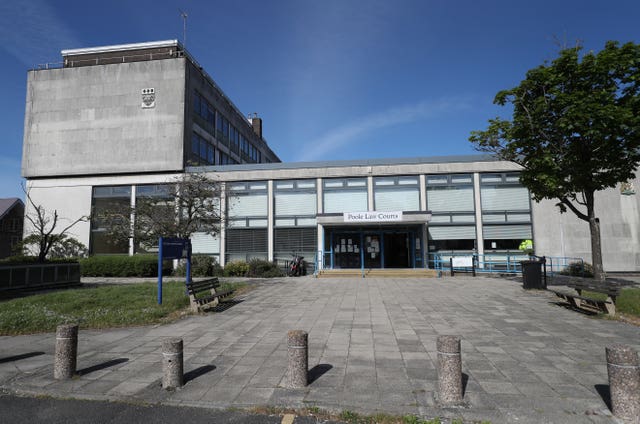
Yes. In October, ex-serviceman Adam Smith-Connor was convicted of breaching the safe zone around an abortion clinic in Bournemouth.
Poole Magistrates’ Court heard he had stood near a tree, with his head bowed and hands clasped as he silently prayed, partially in view of the clinic, and refused to leave the area when asked to do so by a community officer who spoke to him for an hour and 40 minutes.
He had denied failing to comply with the PSPO but was found guilty, with a judge saying what he did was “deliberate”.
Smith-Connor was given a two-year conditional discharge and ordered to pay more than £9,000 in court costs and victim surcharge after the legal proceedings brought by Bournemouth, Christchurch and Poole Council.
However, in February 2023, a Catholic priest accused the Government of “censoring the streets of the UK” and attempting to criminalise silent prayer after being cleared of charges claiming he intimidated service users near an abortion clinic.
Charges of failing to comply with a PSPO brought against Fr Sean Gough and charity volunteer Isabel Vaughan-Spruce were withdrawn during a hearing at Birmingham Magistrates’ Court.
Fr Gough and Ms Vaughan-Spruce criticised the decision to charge them for “silently praying” and “praying for free speech”, saying they had been put “on trial for praying in an abortion facility censorship zone”.


